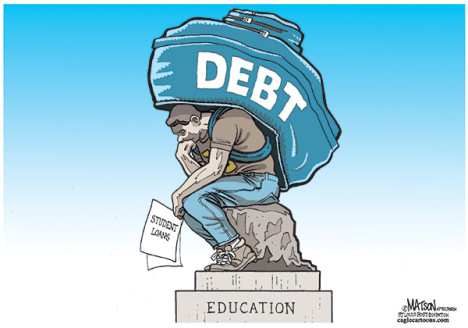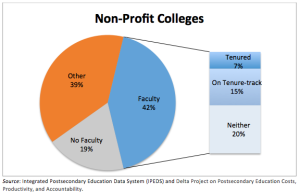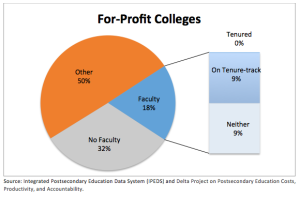College focus should be on academics

October 27, 2014
Going college, as expensive as it can be, is supposed to be the most fun time of your life. You are under the assumption that you’re getting your money’s worth.
Everybody trusts colleges – that is, everybody did, until Wednesday October 22nd. A report investigated and written by Kenneth Wainstein exposed the academic fraud at University of North Carolina, Chapel Hill.
An alarming 169 athletic students were given fake online courses to boost their grades just to keep them playing. The fraud has been going on for the past 18 years.
The report said that from 1993 to 2011, those involved included over 3,100 students including 123 football players, 15 men’s basketball players, eight women’s basketball players, and 26 in Olympic sports, just to name a few.
Wainstein is a federal prosecutor who interviewed 126 people and read 1.6 million electronic documents. The report stated that Deborah Crowder, or “Professor Debby” as she is affectionately known, created these “paper classes.” She worked as a type of administrative assistant in the African and Afro-American Studies department for over three decades and has since retired.
How does something like this happen?
According to Wainstein, a lack of oversight is to blame for all of this.
Julius Nyang’oro (who resigned in 2011 due to investigation) the head of Crowder’s department was often away and left full authority to Crowder. She retired in 2009. School counselors, coaches, and administrators for these athletes are said to have been in on the scam as well looking the other way for the sake of their players.

One of the big questions on everybody’s lips on the subject is this: How does a school come up with these fake “paper classes”?
It’s simple really.

Crowder had the authority to both create these classes and lectures and register students for them. These classes never met and the only work involved was a final paper. And both the topics and the grades were handed out by Crowder.
After assigning the final once all work was turned in she would grade the papers (obviously she wasn’t truly grading just scanning) give the students As and Bs regardless of the quality of the paper. Because these classes only had a final paper the As and Bs, these students would get on them would basically carry the rest of their grades helping the athletes retain a minimum GPA scores in order to remain eligible within the NCAA standards.
But the scandal has brought up an even bigger question: Is having for-profit colleges good for the students? According to studies conducted by the National Bureau of Economic Research (NBER) and the New York Times suggests that students who graduate from for-profit schools have a higher unemployment rate and a higher student loan default rate.
They also suggest that these colleges target low income people, mostly minorities into taking up majors they don’t really want and taking classes they don’t need. Some of these for-profit colleges are well known schools such as Berkeley college of New York and New Jersey, Full Sail University, ITT technical Institute, Monroe College, and the entire University of Phoenix school system.
I had a chance to speak with Greg Davis, a fellow AIC student, on what he thought of the scandal. “It’s messed up, college is already expensive I mean most kids take out loans just to be able to go and try and get that degree…we trust our schools to be fair and teach us the skills that we need so we can get the job we want,” Davis remarked.
The education system is obviously broken that being said how is the next generation of Americans supposed to fix this country if we’re not learning the proper skills to even understand what’s wrong with it and how it can be remedied.
As for UNC Chapel Hill the NCAA is looking into the scandal in order to assess whether or not scholarships should be reduced and past wins taken away.


